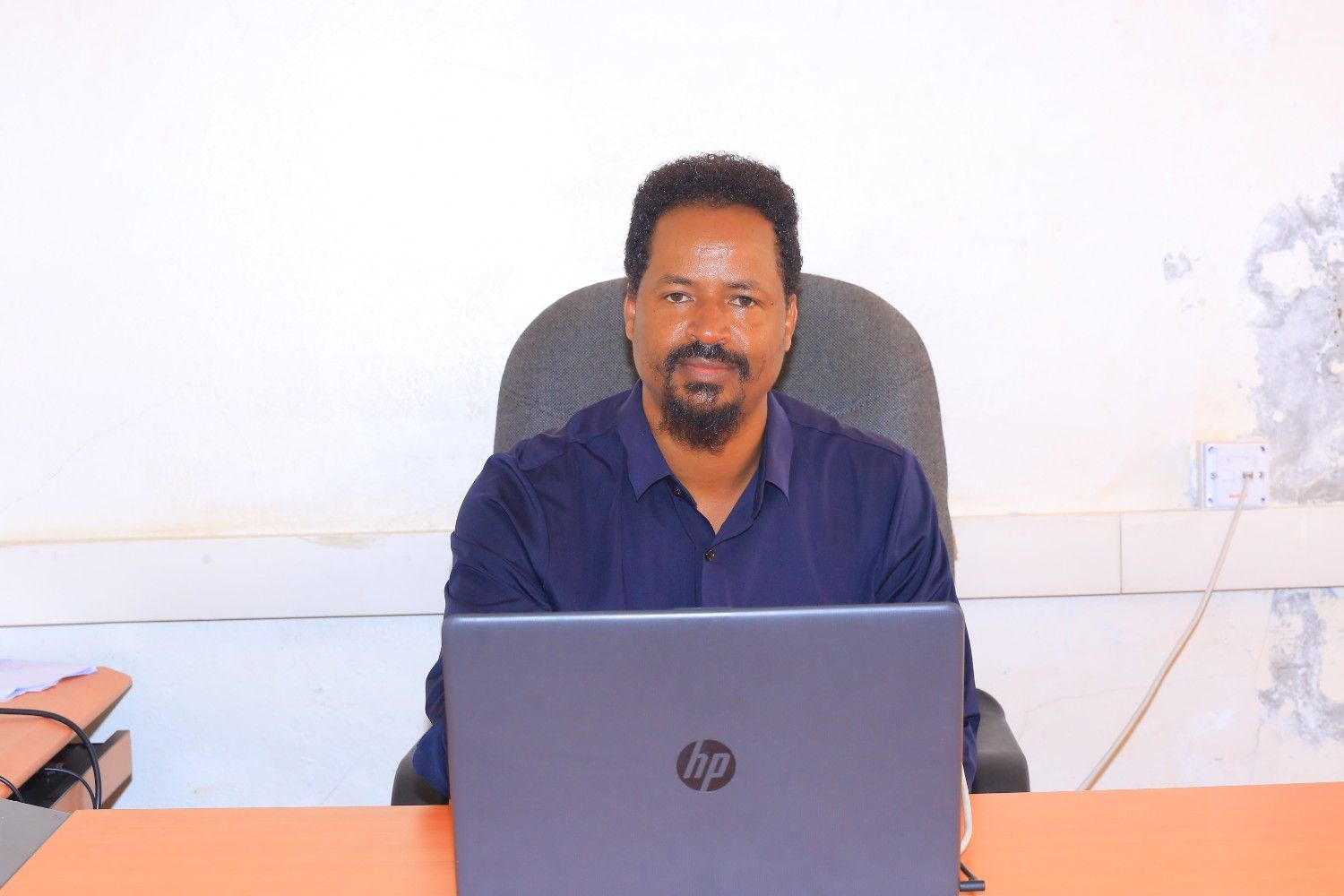
Head of Department of Biomedical Science
Mr. Abebe Timerga Bereda
Contact Information:
Phone: +251920592604
Email:
An Overview of Department of Biomedical Science
The Department of Biomedical Science, under the College of Medicine and Health Sciences at Wolkite University, was established to provide foundational and advanced biomedical education that supports various health science disciplines. Biomedical Science serves as the backbone of modern healthcare education, encompassing key areas such as human anatomy, physiology, biochemistry, pathology, microbiology, pharmacology, and molecular biology.
The department plays a critical role in laying the scientific groundwork for students pursuing careers in medicine, nursing, midwifery, anesthesia, public health, and other allied health fields. Through rigorous academic instruction and practical laboratory training, the department ensures that students acquire a deep understanding of the human body, disease mechanisms, and the principles of medical science.
In addition to its teaching mandate, the department is engaged in research, community service, and interdisciplinary collaboration. It strives to produce professionals who are not only academically excellent but also ethically grounded and responsive to national health challenges.
Objectives/Goals
The Department of Biomedical Science aims to:
- Deliver High-Quality Education: Provide a comprehensive and integrated biomedical science curriculum aligned with national and international standards.
- Support Health Science Programs: Serve as a core department providing essential courses to all programs within the College of Medicine and Health Sciences.
- Promote Scientific Literacy: Foster critical thinking, scientific inquiry, and evidence-based understanding among students.
- Encourage Research and Innovation: Promote basic and applied research that contributes to medical knowledge and addresses local and national health problems.
- Strengthen Interdisciplinary Collaboration: Work closely with clinical and public health departments to ensure a well-rounded educational experience.
- Contribute to Community Service: Participate in community-based education and outreach programs to improve health awareness and disease prevention.
- Develop Academic Excellence: Build the capacity of academic staff through professional development, research engagement, and collaborative projects.
Duties and Responsibilities
Academic Duties
- Deliver foundational biomedical science courses such as anatomy, physiology, microbiology, biochemistry, pathology, and pharmacology.
- Prepare and update course syllabi, lecture notes, and laboratory manuals.
- Conduct practical sessions and supervise laboratory experiments to enhance students' applied knowledge.
- Evaluate student performance through exams, assignments, and practical assessments.
- Participate in curriculum development and review processes to maintain academic relevance and quality.
Research Responsibilities
- Initiate and participate in biomedical research that contributes to scientific knowledge and public health solutions.
- Support students in conducting undergraduate research projects.
- Publish research findings in peer-reviewed journals and present at scientific conferences.
- Seek collaboration and funding for research initiatives at national and international levels.
Community and Institutional Responsibilities
- Participate in health awareness and outreach programs in collaboration with other departments.
- Contribute to university-led public health campaigns and educational seminars.
- Support interdisciplinary activities that integrate biomedical knowledge into clinical practice.
- Engage in departmental planning, reporting, and institutional development efforts.
- Mentor junior staff and contribute to capacity-building activities.
